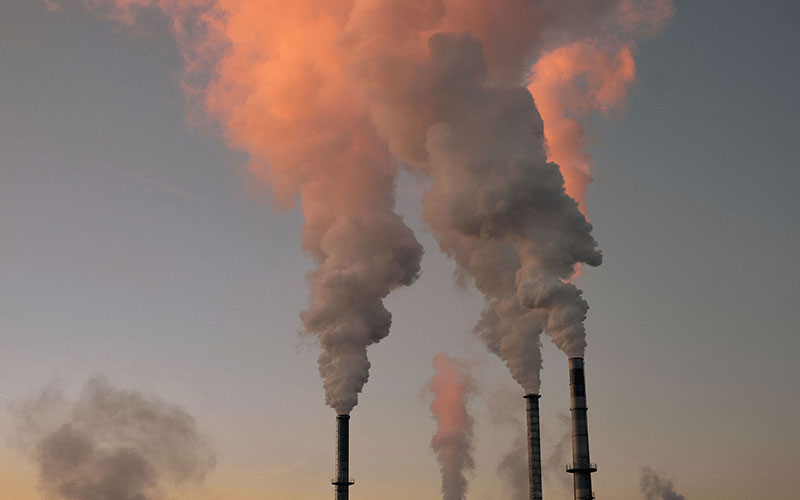Carbon Capture Efforts Face Setbacks Amid Reduced Support in Trump’s Second Term
Efforts to combat climate change through carbon capture and storage (CCS) have hit a roadblock under former U.S. President Donald Trump’s second term. While carbon capture technology has long been considered a key tool in reducing greenhouse gas emissions, the political landscape in Washington has shifted, leaving these initiatives with dwindling federal support.
Carbon capture involves capturing carbon dioxide (CO2) emissions from industrial sources and power plants and storing it underground to prevent it from entering the atmosphere. Proponents of this technology see it as essential for reducing the carbon footprint of heavy industries like cement, steel, and energy production. However, during Trump’s second term, federal backing for CCS projects has waned, creating uncertainty for the future of this climate strategy.
Shifting Priorities in Washington
The Trump administration’s energy policy has consistently prioritized expanding fossil fuel production and rolling back regulations on the oil and gas industries. While the administration voiced occasional support for innovation in energy technologies, large-scale CCS initiatives have struggled to secure the necessary funding and policy incentives.
Climate experts warn that this lack of support could slow the adoption of carbon capture technology at a critical moment. Many CCS projects rely heavily on federal grants, tax incentives, and research funding to move from pilot phases to full-scale implementation. Without consistent federal support, several planned projects may be delayed or shelved altogether.
Industry Caught in Limbo
Major players in the energy and manufacturing sectors have expressed concern about the uncertain policy environment. Companies that had committed to reducing their emissions through carbon capture now find themselves in a challenging position. The rollback of tax incentives such as the 45Q tax credit, which provides financial benefits for carbon sequestration, has particularly hurt the industry’s prospects.
“Federal policy plays a crucial role in ensuring that carbon capture remains a viable solution,” said an industry spokesperson. “Without stable support, it’s difficult to attract the investment needed to scale these technologies.”
The Global Context
While U.S. support for carbon capture has diminished, other countries are moving in the opposite direction. The European Union and countries like Canada and Norway continue to invest heavily in CCS, recognizing its potential to help meet climate targets under the Paris Agreement.
Experts note that the U.S.’s retreat from CCS could leave it lagging behind in the global race to decarbonize industries. The lack of leadership could also impact the country’s ability to meet long-term climate goals and contribute to international efforts to combat climate change.
The Road Ahead
Despite the current setbacks, advocates for carbon capture remain hopeful that future administrations and Congress could restore support for this crucial technology. Industry leaders and environmental organizations are calling for bipartisan solutions to ensure CCS plays a role in the nation’s energy future.
As the debate over climate policy continues, the future of carbon capture in the U.S. remains uncertain. Whether or not it regains momentum may depend on changes in political leadership and public pressure to address climate change more aggressively.
Source : The Canadian Press


